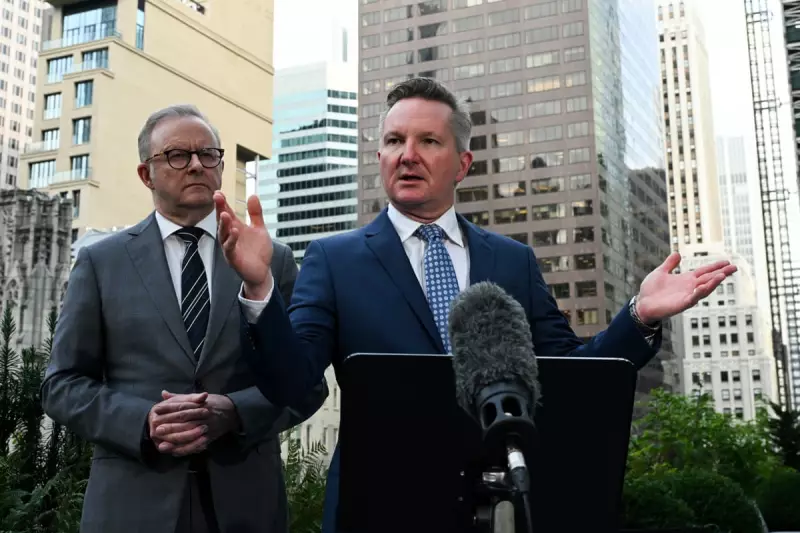
Australia's ambitious bid to host the crucial UN COP31 climate summit faces significant challenges as Germany and Turkey emerge as competing candidates, creating diplomatic complications and exposing mixed messaging from the Australian government.
Divergent Messages from Australian Leadership
The situation has been complicated by conflicting statements from Prime Minister Anthony Albanese and Climate Minister Chris Bowen regarding Australia's commitment to the hosting bid. Prime Minister Albanese appeared to distance himself from the bid during recent international engagements, while Minister Bowen continues to actively promote Australia's candidacy.
This divergence became particularly evident during the PM's visit to the United States, where he made comments that suggested Australia might not proceed with its bid if the partnership with Pacific nations proved unworkable. Meanwhile, Minister Bowen has been vigorously advocating for the joint Australia-Pacific hosting arrangement, creating confusion about the government's actual position.
International Competition Intensifies
The bidding landscape has become increasingly competitive with Germany and Turkey both throwing their hats into the ring. Germany has positioned itself as a potential host for the 2024 UN climate talks, which could strategically position them for the 2025 COP31 hosting rights. Turkey has similarly expressed strong interest in leading the critical climate negotiations.
This international competition comes at a delicate time for Australia's climate diplomacy. The country had been positioning its bid as a partnership with Pacific island nations, particularly focusing on the Pacific Islands Forum secretariat based in Fiji. However, this arrangement has faced logistical and political challenges that now threaten to undermine the entire proposal.
Diplomatic Implications and Climate Leadership
The unfolding situation raises important questions about Australia's role in global climate leadership. The mixed signals from Australian leadership have created uncertainty among international partners and within the Pacific region specifically. Pacific nations have been counting on Australia's support to amplify their climate concerns on the global stage.
Climate experts and diplomatic observers note that hosting a UN climate conference represents more than just a logistical undertaking—it signifies a country's commitment to climate action and provides a platform to shape global environmental policy. The competition from established European powers like Germany adds pressure on Australia to clarify its position and demonstrate consistent leadership.
The timing is particularly crucial given the increasing urgency of climate action and the important role that COP meetings play in coordinating international efforts. The final decision on COP31 hosting rights is expected to be made in the coming months, leaving limited time for Australia to resolve its internal inconsistencies and present a unified bid.
As the situation develops, all eyes remain on how the Australian government will navigate these diplomatic challenges and whether it can maintain its commitment to partnering with Pacific nations on this critical global stage.





